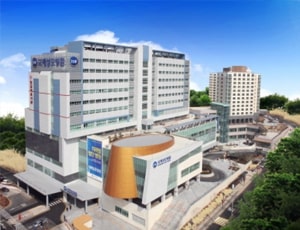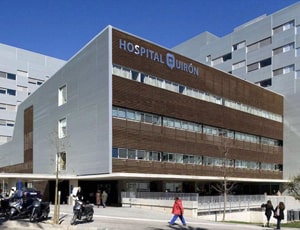Kidney cancer, also called “renal cancer”, is a condition where the cells in the kidneys grow out of control. So, forms a small mass also called a renal cortical tumor. This tumor could be malignant or benign. A malignant tumor is cancerous and may spread to other parts of the body. A benign tumor is also cancerous but it does not spread to other parts of the body. A benign tumor can grow but won’t spread.
The exact reasons behind most kidney cancers are not completely understood. Doctors believe kidney cancer starts when certain cells in the kidney change their DNA, like a set of instructions inside the cell(mutation). These changes signal the cells to grow and multiply quickly. As these abnormal cells gather, they create a lump called a tumor, which might go beyond the kidney. In some cases, these cells can break away and travel to other parts of the body, a process known as metastasis.
Once you are diagnosed with kidney cancer and know the stage of cancer, your doctor and you can plan your treatment. Your doctor may refer you to a specialist such as a urologist, a radiation oncologist, or a surgeon for treatment. There are many types of kidney cancer treatment. However, in most cases, surgery is the first step. Sometimes, even if the surgery removes the entire tumor, your doctor may recommend additional treatments, to kill the remaining cancer cells, if any. Here below are a few types of treatment for kidney cancer.
In the beginning, kidney cancer often doesn't show any signs. As it progresses,
Tests and procedures used to diagnose kidney cancer include:
The combination of these diagnostic tests helps determine the extent and characteristics of the kidney cancer, guiding the healthcare team in developing an appropriate treatment plan. It's important to consult with a medical professional who can assess your specific situation, order the necessary tests, and provide personalized recommendations based on the results.
To tackle kidney cancer, the first step often involves surgery to remove the cancer cells. If the cancer is only in the kidney, surgery might be the most preferred treatment needed. But if the cancer has spread, there could be other treatments recommended.
The patient and treatment team can discuss what's the best procedure depending on the situation. The right plan depends on things like your overall health, the type of kidney cancer you're dealing with, how far it has spread, and what you prefer for treatment.
When kidney cancer comes back or spreads, curing it becomes challenging. However, treatments aim to control cancer and enhance comfort:
After your procedure, the doctor and team check with you regularly to monitor your incision and evaluate your comfort level.
Generally, the patient may resume consuming solid food within 24 to 48 hours of surgery. Most patients can be discharged from the hospital after 1 to 2 nights in the hospital and may continue recovery at their own home. Patients with larger tumors might expect to stay in the hospital for 2-4 days. will likely have a follow-up appointment in 2 to 4 weeks. At this time, the surgeon will suggest when could return to work.
Because physical activity helps boost blood circulation and also decreases the risk of clots. Patients are encouraged to exercise during their recovery from kidney cancer surgery.

Delhi, India
Equipped with more than 50 specialty institutes, Indraprastha Apollo was started with the vision of ...more
![]() Private Driver / Limousine Services
Private Driver / Limousine Services
![]() International Cuisine
International Cuisine
![]() Phone in Room
Phone in Room
![]() Online Doctor Consultation
Online Doctor Consultation

Seoul, South Korea
Catholic kwandong university international St Mary hospital is one of its kind hospitals in Korea. I...more
![]() TV in room
TV in room
![]() Phone in Room
Phone in Room
![]() Health Insurance Coordination
Health Insurance Coordination
![]() Mobility Accessible Rooms
Mobility Accessible Rooms

Barcelona, Spain
Quironsalud Barcelona Hospital is built at a very convenient location in Barcelona. The hospital is ...more
![]() Airport Transfer
Airport Transfer
![]() Choice of Meals
Choice of Meals
![]() Interpreter
Interpreter
![]() SIM
SIM

Kidney Transplant Surgeon
Delhi, India
of experience
USD 40 for video consultation

Urosurgeon
Delhi, India
20 Years of experience
USD 32 for video consultation

Urosurgeon
Delhi, India
18 Years of experience
USD 32 for video consultation

Urosurgeon
Hyderabad, India
5 of experience
USD 30 for video consultation